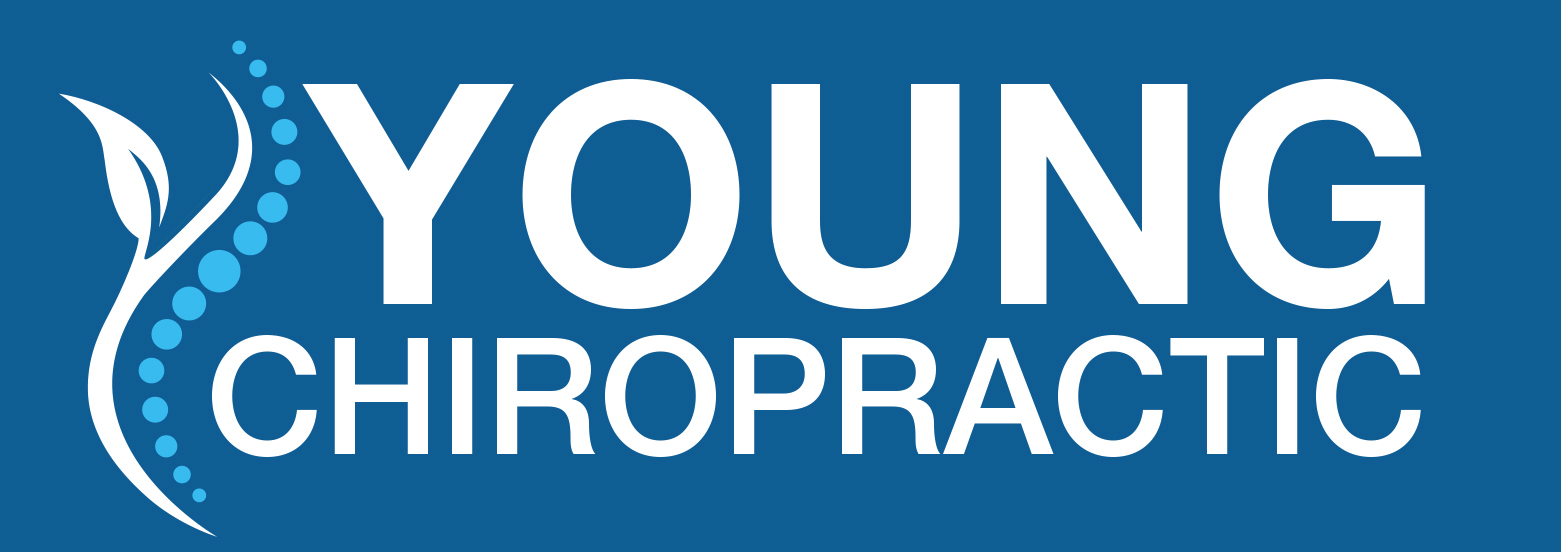Easley Diabetics with Disc Degeneration Benefit from Vitamin D
The intervertebral disc is an intricate and essential part of the spine. It allows pain-free motion of the spine, or not. If the disc degenerates, spinal motion deteriorates, and pain often materializes. This is even more possible for patients with diabetes. It is|It’s]5] just one more issue Easley diabetic patients need to tackle. The latest research on diabetes and the disc reveals that vitamin D may be of help in the health of the disc. Young Chiropractic is prepared to do just that for Easley back pain patients as well as Easley diabetic patients who also have Easley back pain.
Diabetes, Vitamin D, and the Disc
Diabetic patients with disc degeneration want to take Vitamin D as it prevents and even treats degenerative changes in their discs. How? By improving the content of TGF-β and IGF-1, two influential growth factor cytokines (proteins released by cells that control specific interactions with other cells). (1) Young Chiropractic bets you’ll agree that it is astonishing how the health of the disc comes down to the very cells that make it up|of which it is comprised! Those cells need Vitamin D to do their job correctly. Young Chiropractic encourages Easley diabetic and non-diabetic patients alike to tend these cells nutritionally and with Easley chiropractic spinal manipulation in the form of Cox Technic.
Glucose Status and the Disc
The glucose status also influences the oxygen consumption rate of degenerated discs: degenerative discs in low glucose have higher oxygen consumption rates and degenerative discs in high glucose have lower oxygen consumption rates. Glucose status has no effect on non-degenerated discs. (2) Easley degenerated discs react differently than non-degenerated ones. Of this, Young Chiropractic is sure because Young Chiropractic sees it every day in caring for our Easley back pain patients.
Oxygen Consumption Rates and the Disc
The degenerative intervertebral disc has a notably higher oxygen consumption rate - 3 to 5 times greater - than the non-degenerative, normal human disc. The degenerative disc is cellularly different. This oxygen consumption rate factor changes the disc’s cellular behavior and even the nutritional state of the disc’s tissue as nutrients are distributed to the disc through the matrix and endplates. This rate of transport of nutrients is affected by the degenerative state of the disc. (2) So when should Vitamin D be taken to protect and care for the Easley degenerative disc? When the disc is healthy and even more so when it’s not.
Schedule your Easley chiropractic appointment at Young Chiropractic to review the health status of your Easley spinal discs and how Vitamin D may be of benefit to them whether they are degenerated or not.

